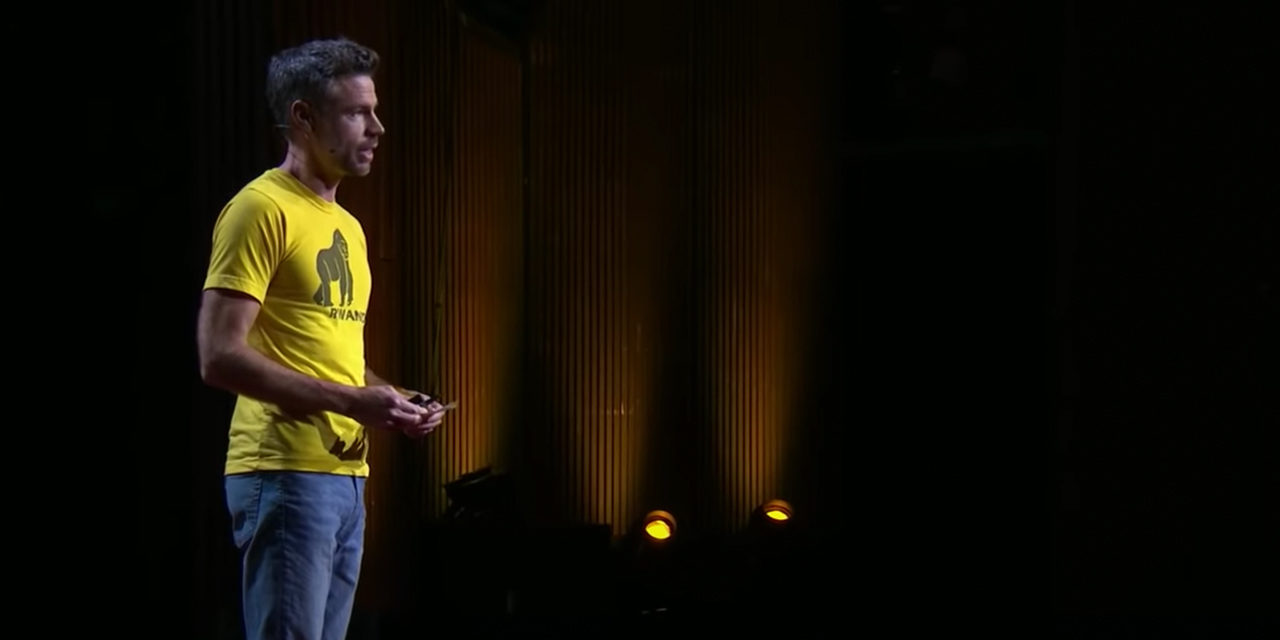What do you make of a leading, progressive environmentalist thinker who says the present environmental movement is doing more harm to humanity and the environment than helping it? That person is Michael Shellenberger and he presents his deeply informed, contrarian ideas in his brand new book, out later this month, Apocalypse Never: Why Environmental Alarmism Hurts Us All. His bona fides in the constellation of environmental leaders are stellar. Time magazine lauded him a “hero of the environment” and an “eco-pioneer fighting for a cleaner, greener future.”
Andrew McAfee, a leading research scientist at MIT says “Michael Shellenberger loves the Earth too much to tolerate the conventional wisdom of environmentalism,” adding “I wish I’d been brave enough to write [Apocalypse Never]…” Shellenberger says our current global conversation on the environment is largely inaccurate, misguided, filled with “exaggeration, alarmism, and extremism.” In short, it is going in the wrong direction, doing more harm than good.
“The trouble with the new environmental religion is that it has become increasingly apocalyptic, destructive, and self-defeating,” Shellenberger writes. From his perspective, the implications and results of this are deeply troubling,
“It leads its adherents to demonize their opponents, often hypocritically. It drives them to seek to restrict power and prosperity at home and abroad. And it spreads anxiety and depression without meeting the deeper psychological, existential, and spiritual needs its ostensibly secular devotees seek.”
Shelleberger sees the road to a stronger, healthier environment in a very counterintuitive way. It’s not through sustainability, the current buzzword among the enlightened classes, but rather industrialization itself. He disagrees that climate change is humanity’s most pressing problem, nor does he see it as a threat to the survival of humanity. A problem to be sure, and one demanding attention, but we are not killing the earth or ourselves.
Apocalypse Never is a heavy-duty myth-busting book. Who saved the whales? He explains it wasn’t Greenpeace, but rather the capitalists who discovered viable, cheaper alternatives to whale oil. Are we seeing a mass extinction of animal species today? Only if you can reasonably define 0.001% of all species going extinct each year “mass.” No plastics are not the earth’s friend, but neither are they its doom. He explains how they actually break down into nothing much faster and fully than the popular environmental lore has it. And he says climate change is, indeed, not responsible for increases in dramatic weather developments.
His answer is not for developed nations to export (or force) fashionable environmentalist religious dogma to Third World countries – “environmental colonialism” as Shellenberger calls it – but rather “rich nations should do everything they can to help poor nations industrialize.” As John Tierney explained this weekend in the Wall Street Journal in a review of Apocalypse Never, “While industrialization causes a short-term rise in carbon emissions, in the long term it’s beneficial to the environment as people move to cities, allowing farmland to revert to nature, and as prosperity enables them to switch to cleaner and more compact forms of energy.” He adds, “Carbon emissions decline as people move from wood to coal to natural gas, and then ultimately to what Mr. Shellenberger calls the safest and cleanest source: nuclear energy.”
Tierney explains how much of a trailblazer Shellenberger has been in directing the United States’ environmental policy and how those efforts have been thwarted by irresponsible execution by previous administrations that are commonly portrayed as environmental heroes.
“In 2002, Mr. Shellenberger proposed the New Apollo Project, a precursor to the Green New Deal. Many of its ideas for promoting renewable energy were adopted by the Obama administration and received more than $150 billion in federal funds, but Mr. Shellenberger was disillusioned with the results. A disproportionate share of the money, as he documents, went to companies that enriched donors to the Obama campaign but failed to yield practical technologies.”
What Shellenberger demonstrates layer upon layer, is that for a group of people who proudly and ad nausea claim to be “people of science,” the environmentalist movement writ large is quite the contrary. He shows them to be a secular bunch of fundamentalists whipped up into a religious frenzy by misguided faith in a particular view of humanity and ultimate reality that is actually at great odds with the best science and reason. It is encouraging that his message is getting a hearty endorsement from many of his most thoughtful peers in the sciences and academia.
Photo from Youtube






